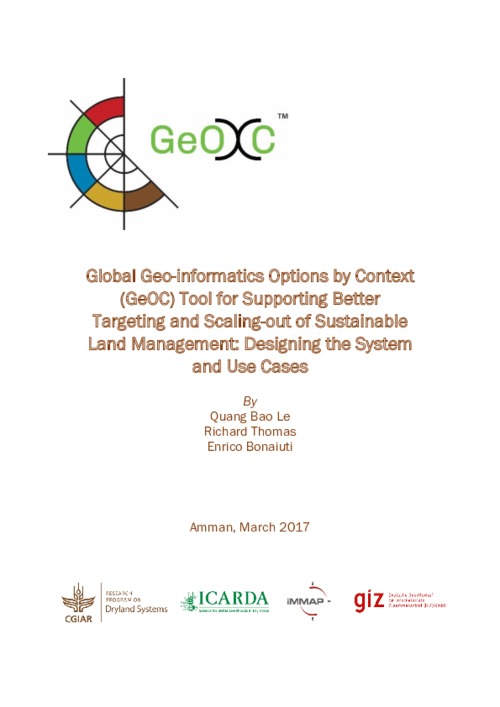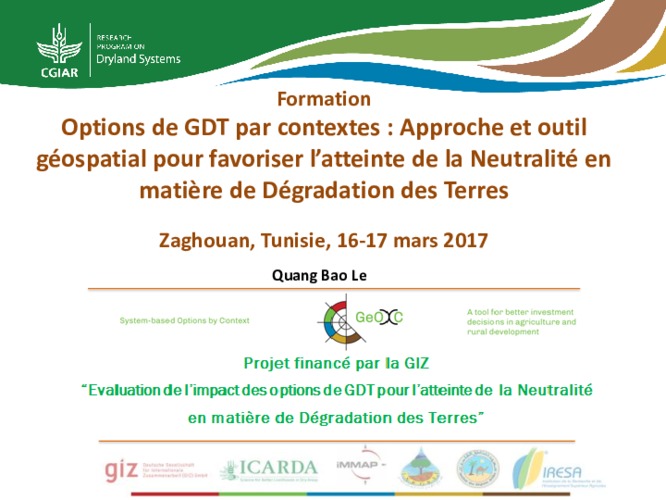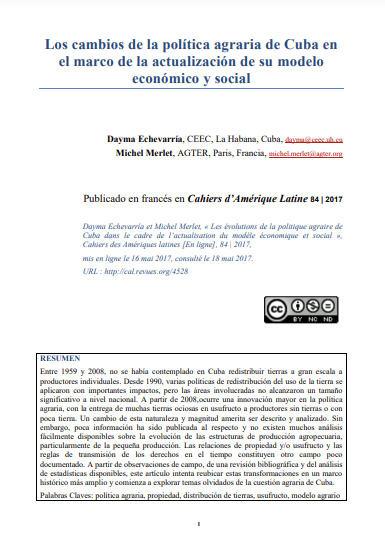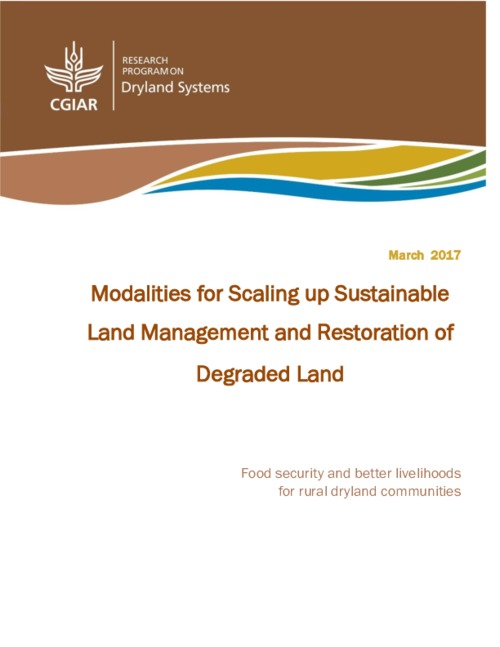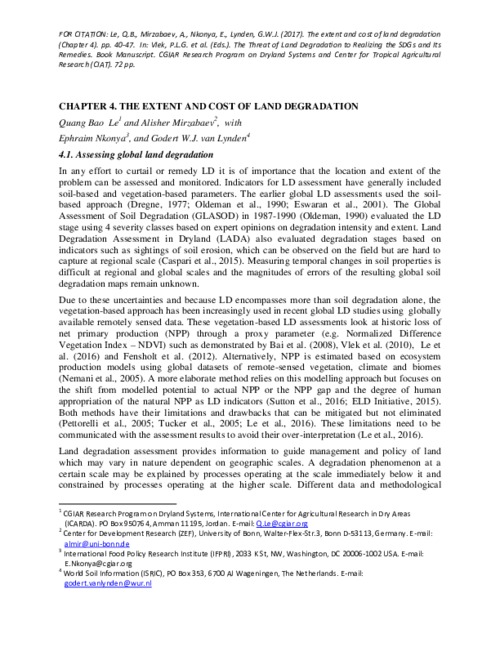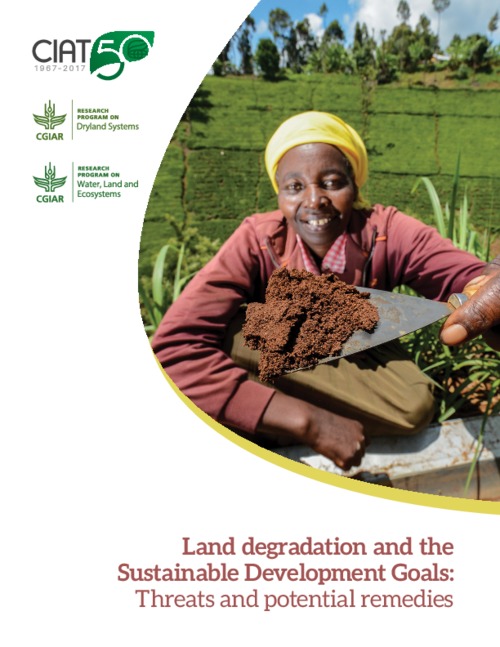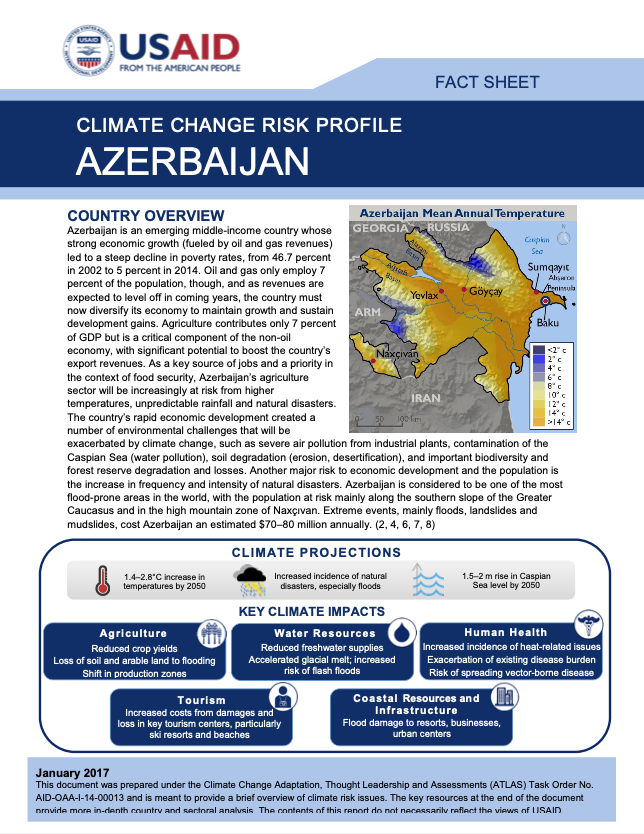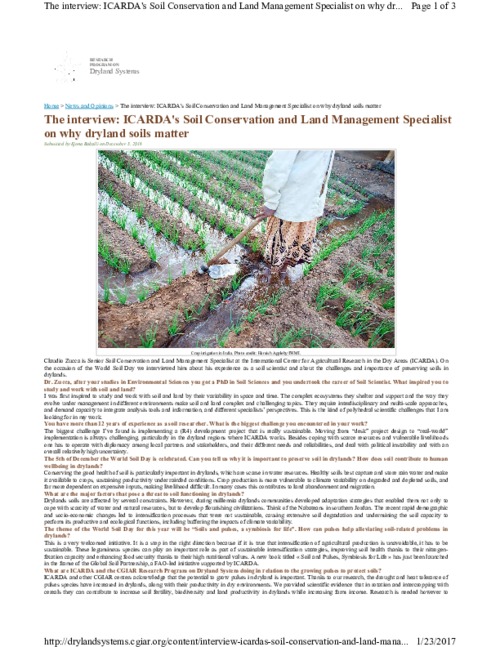Global Geo-informatics Options by Context (GeOC) Tool for Supporting Better Targeting and Scaling-out of Sustainable Land Management: Designing the System and Use Cases
Sustainable Land Management (SLM) are required to achieve Land Degradation Neutrality (LDN). SLM options are fitted to the social, economic and ecological contexts. The high contextual diversity of drylands in particular prevents the design and application of “uniform blanket” policies to promote SLM over large scales where significant impact is expected.

